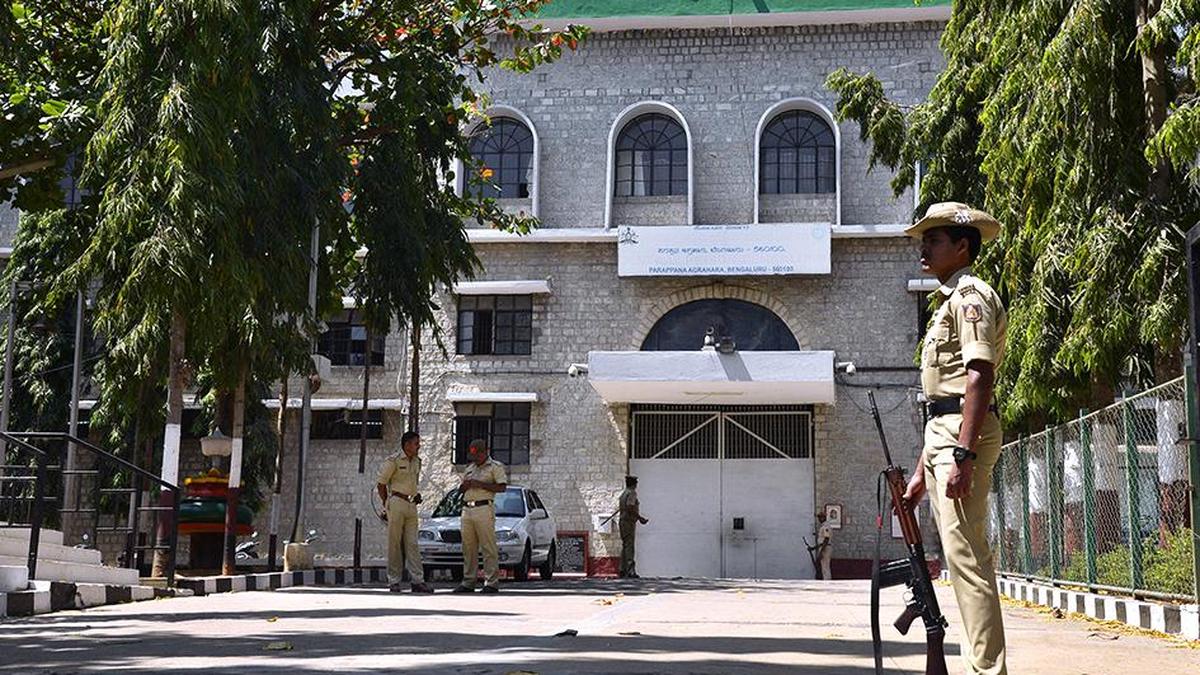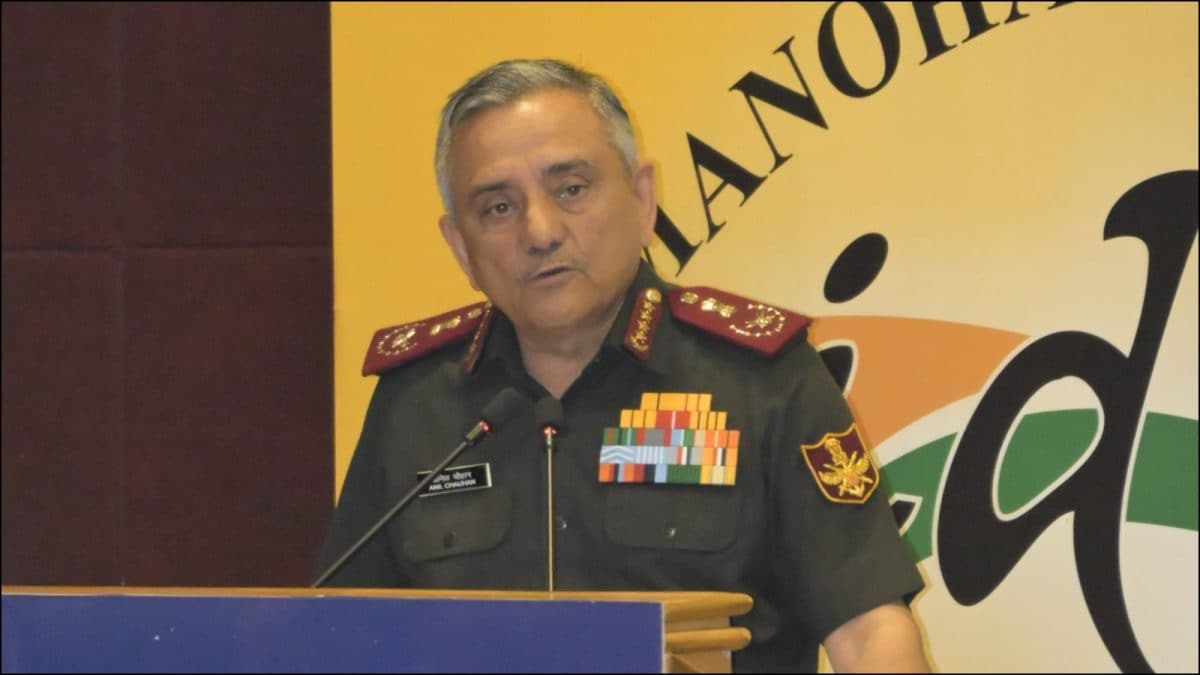ARTICLE AD BOX
Last Updated:November 07, 2025, 18:40 IST
The Civil Bar Association, Basti, had moved the High Court seeking a direction to the Uttar Pradesh government to pay its electricity bills and future dues

The High Court held that lawyers are largely independent practitioners who form associations to protect their interests and pursue common objectives. (File)
The Allahabad High Court has held that the State government is under no statutory obligation to pay electricity expenses incurred by Bar Associations.
The Bench of Justice Saumitra Dayal Singh and Justice Indrajeet Shukla dismissed a petition filed by the Civil Bar Association, Basti, which had sought a writ of mandamus directing the Uttar Pradesh government to clear its electricity dues and pay future bills.
In its order, the Court said that “no statutory duty exists on the State to either pay arrears or future dues of electricity being claimed by the Purvanchal Vidyut Vitran Nigam Limited against the use of electricity by members or by the Civil Bar Association, Basti."
The judges observed that although advocates are considered officers of the Court and contribute significantly to the judicial process, this cannot create an automatic right to claim electricity and other utilities at the cost of the State exchequer.
The High Court held that lawyers are largely independent practitioners who form associations to protect their interests and pursue common objectives. Therefore, they must also share the responsibility of bearing the costs of the facilities they use.
The Bench clarified that the functioning of the judiciary does depend on the active participation of lawyers, but this by itself does not impose a financial obligation on the State to pay for electricity, water, or other amenities used by Bar Associations.
The petitioners, represented by Senior Advocate Arun Kumar Gupta and Advocate Ashutosh Pandey, had argued that the justice delivery system cannot function without advocates and that Bar Associations, being representative bodies of lawyers, play a unique role in the judicial system.
They submitted that the State is duty-bound to provide minimum infrastructure and facilities, including electricity, water supply, drinking water, and washrooms. They relied on the Supreme Court’s judgment in Supreme Court Bar Association v. B.D. Kaushik (2011) and the Madhya Pradesh High Court ruling in Vinod Kumar Bharadwaj v. State of M.P.
Opposing the plea, Standing Counsel Mukul Tripathi submitted that the B.D. Kaushik judgment dealt only with the issue of “one bar, one vote" and did not concern electricity bills or State
liability. He argued that no law or policy requires the government to pay electricity charges for Bar Associations, which are bodies of private practitioners and not part of the Court’s administrative infrastructure.
Appearing for the High Court, Advocate Ashish Mishra informed the Bench that while the State constructs basic infrastructure such as court buildings, halls, and washrooms, the liability to pay for electricity and other utilities rests on the occupants, including Bar Associations. He said this has been the consistent policy in Uttar Pradesh.
After hearing the parties, the Court held that a writ of mandamus can only be issued where a statutory duty exists and has been neglected. In this case, no statutory obligation or government policy requiring the State to pay electricity dues of Bar Associations was shown.
The Court also noted that reliance on the Vinod Kumar Bharadwaj judgment was misplaced and that the facts of that case were distinguishable.
Consequently, the Court refused to issue a mandamus to the State government or the High Court and dismissed the petition.
“Neither on technicalities of the law of mandamus nor on the facts are we inclined to issue a writ of mandamus to the State or the High Court to provide for payment of electricity dues of the petitioner," the Court said while dismissing the petition.
First Published:
November 07, 2025, 18:40 IST
News india No Statutory Duty On State To Pay Bar Associations’ Electricity Bills, Rules Allahabad High Court
Disclaimer: Comments reflect users’ views, not News18’s. Please keep discussions respectful and constructive. Abusive, defamatory, or illegal comments will be removed. News18 may disable any comment at its discretion. By posting, you agree to our Terms of Use and Privacy Policy.
Read More

 3 days ago
9
3 days ago
9








 English (US) ·
English (US) ·